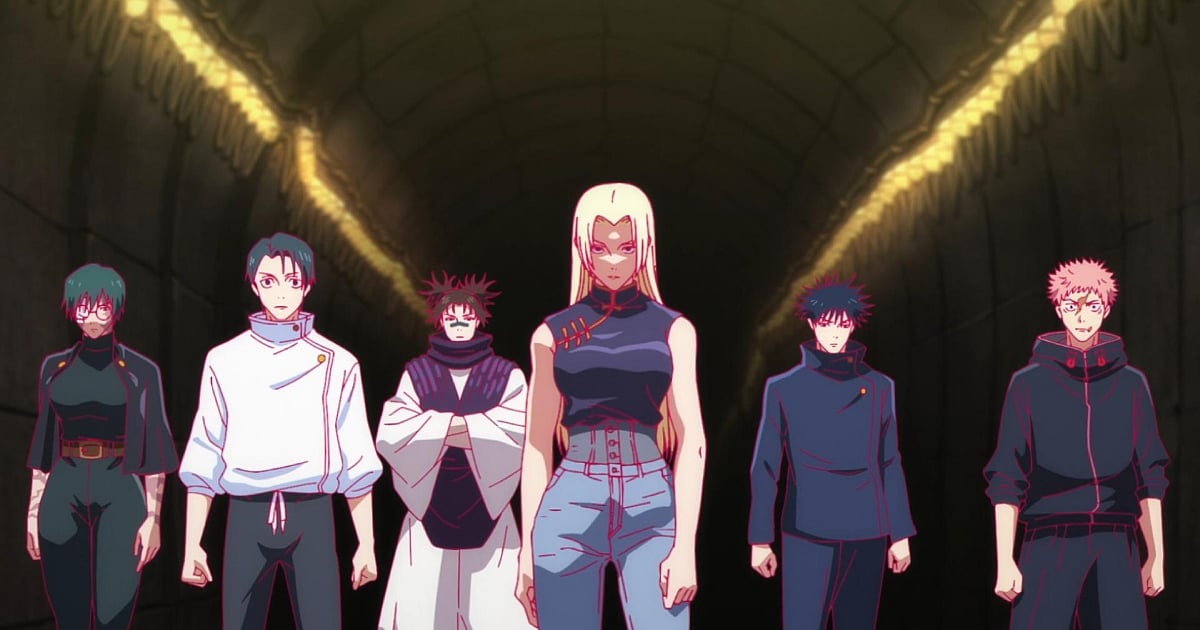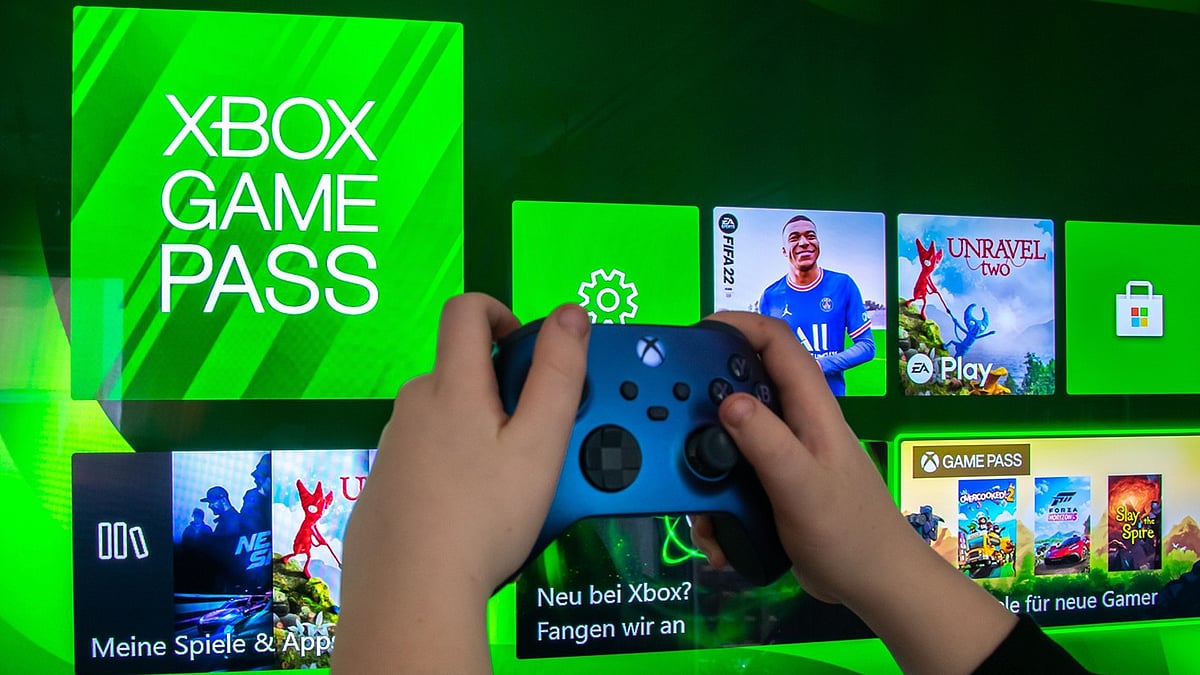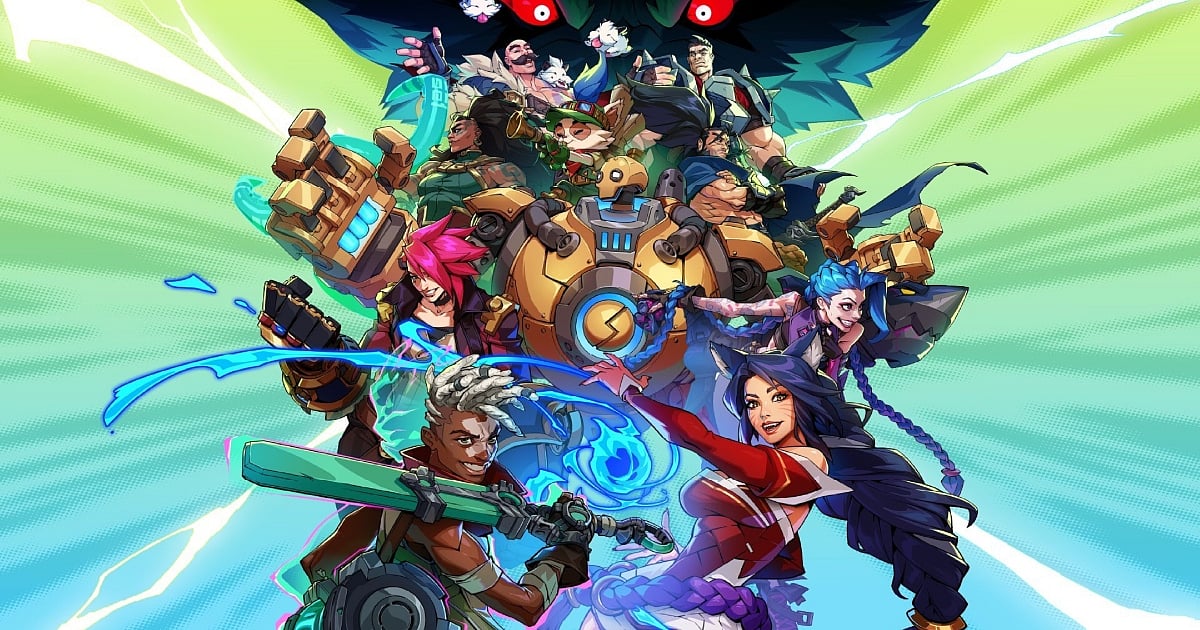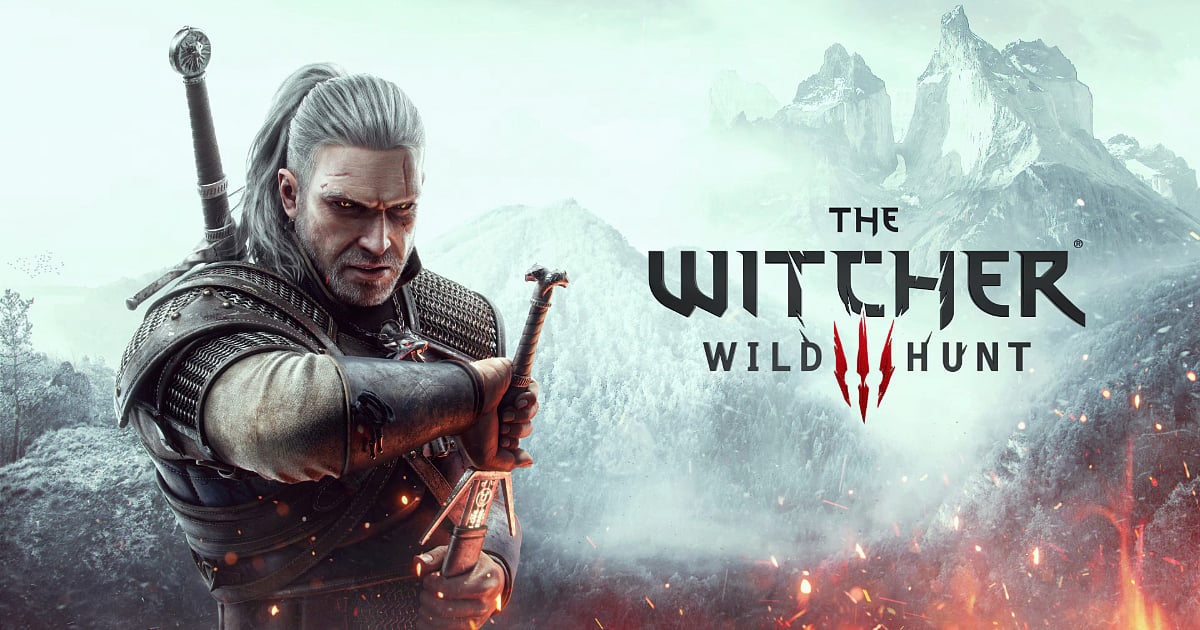Highlights
- EA’s $55 billion acquisition by PIF, Silver Lake, and Affinity Partners will include an AI-driven strategy to significantly reduce operating expenses.
- The Financial Times reports investors plan to use AI for cost-cutting while managing heavy debt, raising concerns over developer and talent replacement.
- The move comes as game workers unionize against layoffs and AI threats, spotlighting tensions between profitability goals and job security in gaming.
Electronic Arts’ $55 billion acquisition by PIF, Silver Lake, and Affinity Partners may mark a dramatic shift toward AI-driven operations. Reports suggest its new owners are eyeing artificial intelligence as a tool to cut costs and manage debt, potentially impacting developers and creative talent. EA’s leadership under CEO Andrew Wilson remains unchanged at the moment.
Investors Push AI-Centric Strategy
The new $55 billion deal putting Electronic Arts under the ownership of Saudi Arabia’s Public Investment Fund (PIF), Silver Lake, and Affinity Partners is not just a financial play, it signals a sharp operational pivot. According to a report by the Financial Times, the consortium is preparing to use artificial intelligence to streamline EA’s operations, reduce expenses, and cope with the significant debt load tied to the buyout.
While exact details remain unclear, AI integration could impact areas such as development cycles, testing processes, and even creative outputs like voice acting or design. Reducing reliance on human labor has emerged as a recurring theme in corporate restructurings across the gaming industry, making talent within EA wary of what comes next.
AI in games has already sparked both innovation and controversy. Studios have experimented with procedural dialogue, generative visual assets, and automated quality assurance, but critics argue these efficiencies come at the cost of jobs and creative authenticity. For EA, the shift could mean shorter production timelines but also exacerbate industry fears that AI will displace writers, programmers, and actors central to game development.
The timing highlights growing industry tensions. Earlier this year, the United Videogame Workers Union was founded in response to widespread layoffs and the increasing application of AI as a substitute for human labor. EA’s new ownership structure intensifies this conversation, as workers may face heightened uncertainty about job security while investors focus on cost efficiency.
The deal is expected to close in Q1 FY2027, pending regulatory and shareholder approval. Until then, EA’s leadership under CEO Andrew Wilson remains unchanged, but the company’s long-term direction seems set toward AI-driven transformation, making it a potential litmus test for how far automation will reshape the global gaming industry.

Author
Abhimannu Das is a web journalist at Outlook India with a focus on Indian pop culture, gaming, and esports. He has over 10 years of journalistic experience and over 3,500 articles that include industry deep dives, interviews, and SEO content. He has worked on a myriad of games and their ecosystems, including Valorant, Overwatch, and Apex Legends.
Abhimannu Das is a web journalist at Outlook India with a focus on Indian pop culture, gaming, and esports. He has over 10 years of journalistic experience and over 3,500 articles that include industry deep dives, interviews, and SEO content. He has worked on a myriad of games and their ecosystems, including Valorant, Overwatch, and Apex Legends.
Related Articles








